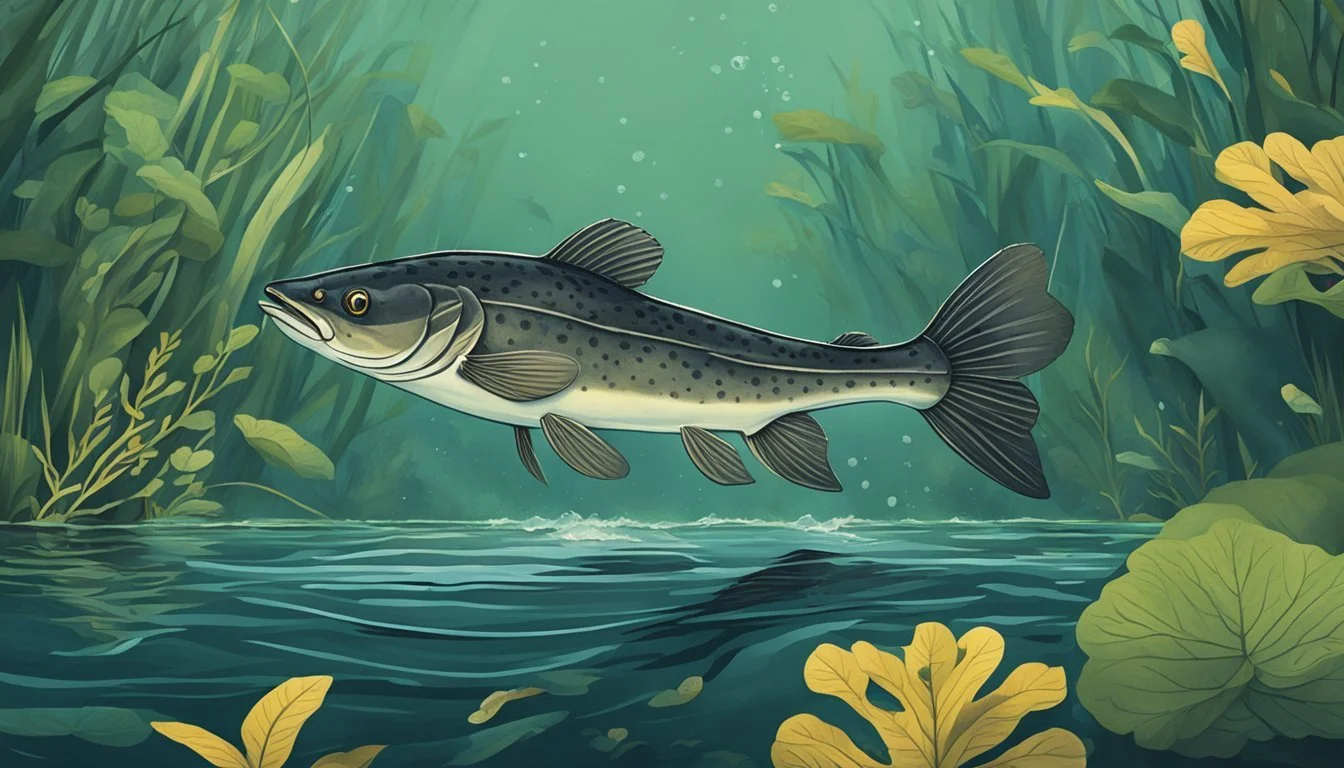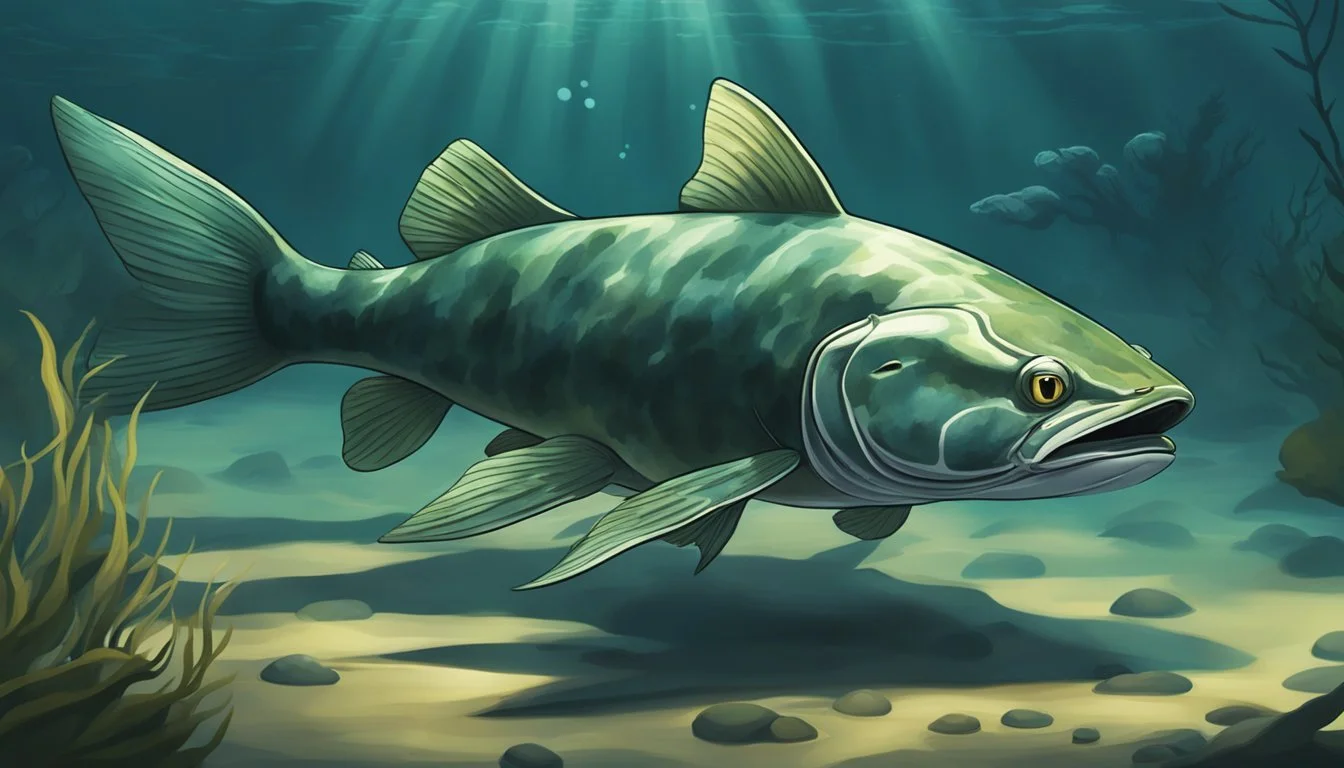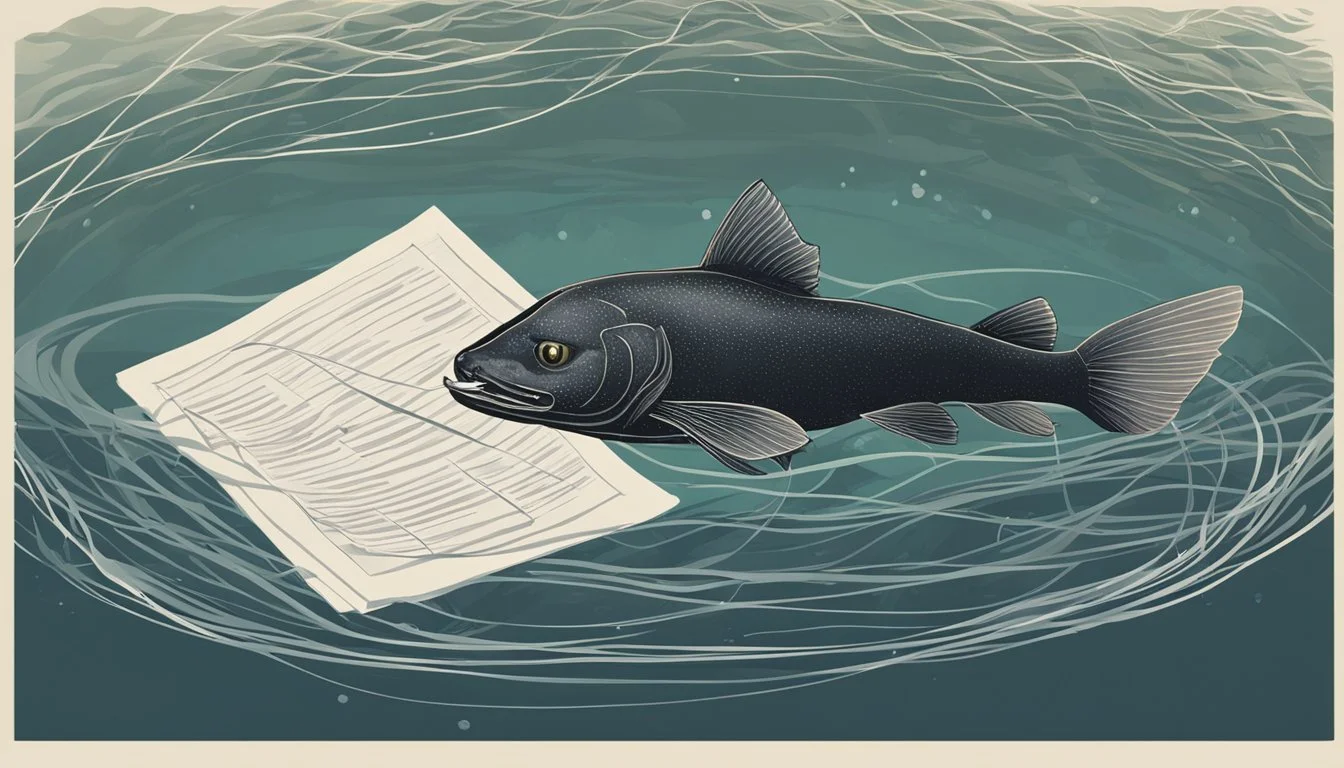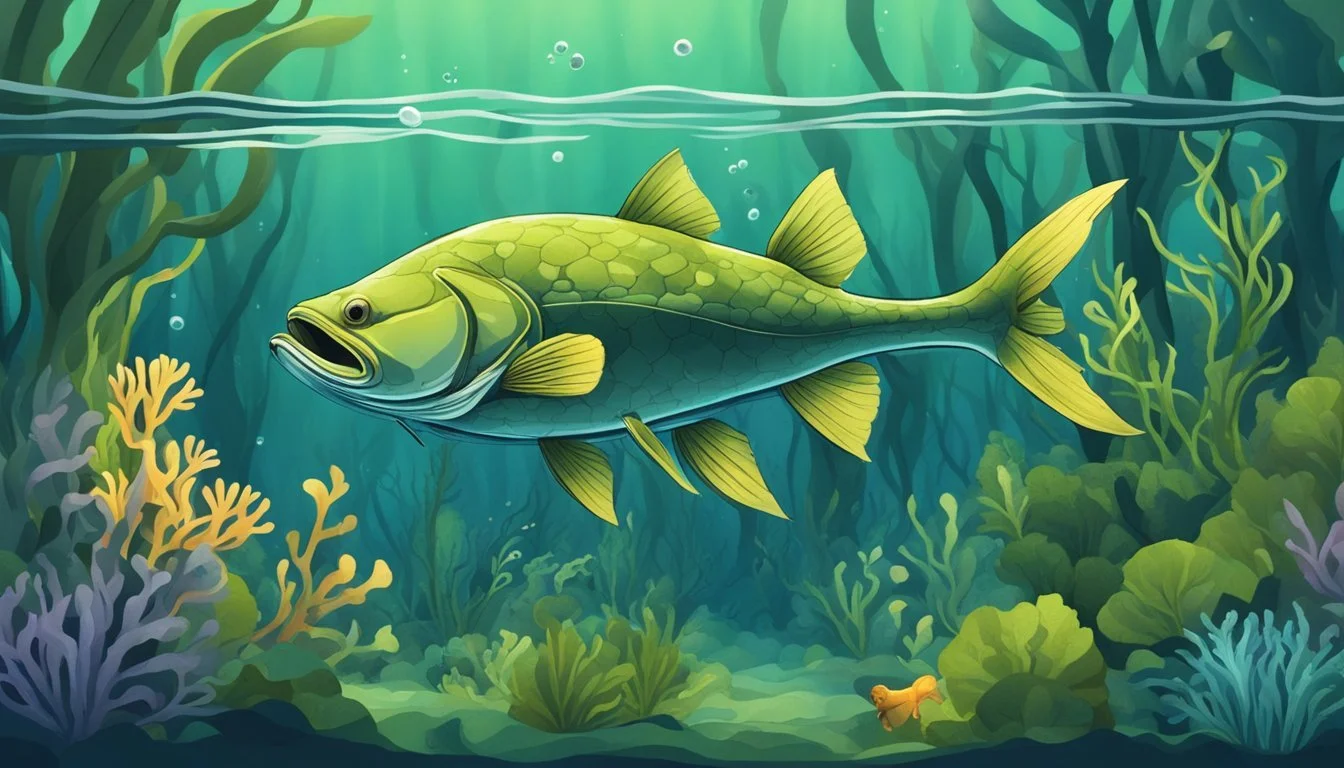Unmasking Deception: The Shocking Truth Behind the Documentary Catfish That Changed Online Dating!
"Catfish" explores the intriguing world of online deception through the lens of documentary filmmaking. Released in 2010, this groundbreaking film follows Nev Schulman's journey as he builds a romantic relationship with a young woman on Facebook. The documentary unveils the complexities of digital connections and the potential for identity manipulation in the age of social media.
Directed by Henry Joost and Ariel Schulman, "Catfish" presents a real-life drama that captivated audiences and sparked discussions about online authenticity. The filmmakers skillfully capture the unfolding story, blending elements of mystery and personal discovery. As Nev's relationship deepens, unexpected twists emerge, leading to a series of revelations that challenge perceptions of truth and identity in the digital realm.
The impact of "Catfish" extends beyond its initial release, inspiring a popular TV series and introducing the term "catfishing" into mainstream vocabulary. This documentary serves as a cautionary tale, highlighting the potential risks and emotional consequences of forming relationships online without proper verification. Its enduring relevance speaks to the ongoing challenges of navigating human connections in an increasingly digital world.
The Genesis of 'Catfish'
The documentary 'Catfish' emerged from a unique blend of personal experience and creative vision. It captured a pivotal moment in online culture and relationships.
Concept and Development
'Catfish' began as a real-life experience of Nev Schulman, a New York photographer. In 2007, Nev received a painting from Abby, an 8-year-old girl who claimed to have based it on one of his photographs. This sparked an online friendship that expanded to include Abby's family, particularly her older sister Megan.
As Nev's connection with Megan deepened, his brother Ariel and friend Henry Joost decided to document the unfolding story. Their curiosity about the family and the authenticity of the online relationships drove the project forward.
The filmmakers initially had no specific agenda. They simply followed Nev's journey, capturing events as they happened.
Role of Henry Joost and Ariel Schulman
Henry Joost and Ariel Schulman played crucial roles in shaping 'Catfish' into a compelling documentary. As co-directors, they made key decisions about filming, storytelling, and editing.
Their background in photography and filmmaking in New York City provided them with the technical skills needed to capture intimate moments. They used handheld cameras to create a raw, immediate feel.
Joost and Schulman's approach blended observational techniques with personal involvement. They became characters in the story, reflecting the complex nature of documentary filmmaking.
Their decision to continue filming as the truth unraveled proved critical. It allowed them to capture genuine reactions and emotions, adding depth to the narrative.
Profiles of Key Individuals
The "Catfish" documentary centered around several individuals whose lives became intertwined through an online deception. Their stories revealed complex motivations and unexpected truths.
Nev Schulman's Journey
Nev Schulman, a 24-year-old photographer from New York, became the central figure in the "Catfish" documentary. He developed an online relationship with Megan, a talented musician from Michigan. Nev's curiosity and growing emotional attachment led him to investigate the truth behind Megan's identity.
As the story unfolded, Nev displayed a mix of excitement, doubt, and disappointment. His journey from naive believer to skeptical investigator resonated with many viewers. The experience ultimately inspired Nev to create the "Catfish: The TV Show" series, where he helps others uncover the truth about their online relationships.
Angela Wesselman-Pierce's Persona
Angela Wesselman-Pierce, a 40-year-old housewife from Michigan, created an elaborate web of fictional online personas. She posed as Megan, a 19-year-old singer-songwriter, and managed multiple fake profiles to support this identity.
Angela's deception stemmed from a complex mix of loneliness, unfulfilled artistic ambitions, and a desire for connection. She used photos of other people to create these profiles, including those of a distant relative for Megan's character.
The documentary revealed Angela's talent as an artist, albeit not in the way she initially presented. Her paintings, created under her stepdaughter Abby's name, demonstrated genuine skill.
The Real Megan and Abby
Megan Faccio, whose photos Angela used to create the fictional Megan, had no involvement in the deception. She was a model and aspiring actress unaware her images were being used.
Abby Pierce, Angela's 8-year-old stepdaughter, was presented as a child prodigy artist. In reality, it was Angela who created the paintings attributed to Abby. The young girl became an unwitting part of her stepmother's elaborate fiction.
The documentary's revelations had significant impacts on both Megan and Abby's lives. Megan faced unexpected public attention, while Abby had to reconcile with the truth about her supposed artistic talents.
Anatomy of a Documentary Thriller
Documentary thrillers blend factual storytelling with suspenseful elements. They captivate audiences through carefully crafted narratives that build tension, reveal hidden truths, and explore themes of deception and trust.
Building Tension
Documentary thrillers employ various techniques to create suspense. Filmmakers often use ominous music and strategic editing to heighten anticipation. They may withhold key information, releasing it gradually to keep viewers on edge.
Interviews with subjects can be structured to reveal conflicting accounts, raising questions and doubts. Visual clues and subtle hints are scattered throughout, encouraging audience engagement and speculation.
Pacing plays a crucial role. Directors alternate between slow-burning revelations and sudden twists to maintain emotional investment. This careful balance of information and uncertainty keeps viewers hooked until the final reveal.
Unveiling the Mystery
The core of a documentary thriller revolves around uncovering hidden truths. Filmmakers act as investigators, peeling back layers of deception to expose the reality beneath.
Key revelations are often staged for maximum impact. Cameras capture genuine reactions as subjects confront uncomfortable truths. These moments of realization become pivotal points in the narrative.
Evidence is presented methodically, building a compelling case. Documents, photographs, and expert testimonies are woven together to support the film's conclusions. The audience is invited to piece together clues alongside the filmmakers.
The Elements of Deception
Deception forms the foundation of many documentary thrillers. Filmmakers explore the motivations behind lies and the consequences of uncovering them.
Trust is a central theme, examining how it's built, manipulated, and broken. The film may showcase elaborate schemes or simple misrepresentations that spiral out of control.
Technology often plays a role in modern deceptions. Social media, digital manipulation, and online personas are frequent subjects. Filmmakers demonstrate how these tools can be used to craft false identities and narratives.
Ethical questions arise as the truth comes to light. The documentary may grapple with the morality of exposing lies and the impact on those involved.
Exploring Online Relationships
The internet has revolutionized how people connect and form relationships, but it has also created new challenges. Online interactions can foster deep bonds yet also enable deception and manipulation.
Internet Dynamics
Social media and dating apps have made it easier than ever to meet potential partners online. These platforms allow people to connect across geographic and social boundaries. Many find authentic connections and even lifelong relationships.
However, the anonymity of the internet also enables users to present idealized or entirely fabricated versions of themselves. This can lead to mismatched expectations when people meet in person.
The asynchronous nature of online communication gives users time to carefully craft responses. This can create a false sense of compatibility or chemistry that doesn't translate to real-world interactions.
Psychology Behind 'Catfishing'
'Catfishing' refers to creating a fake online persona to deceive others. Motivations vary but often stem from insecurity, loneliness, or a desire for control.
Some catfish seek attention or emotional fulfillment they lack in their offline lives. Others may have malicious intent, aiming to manipulate or exploit their victims financially or emotionally.
The anonymity and distance of online interactions reduce inhibitions. This emboldens some to engage in deceptive behavior they wouldn't attempt face-to-face.
Victims often ignore red flags due to emotional investment in the relationship. The dopamine rush of online interactions can cloud judgment and foster denial.
Consequences for Family and Relationships
Online deception can have devastating effects on victims and their loved ones. Discovering a partner's true identity can lead to intense feelings of betrayal and humiliation.
Families may struggle to support victims, who often experience depression, anxiety, and trust issues. The fallout can strain existing relationships as victims withdraw or become overly suspicious.
Financial losses are common in catfishing schemes. Victims may send money or share sensitive information, leading to long-term financial and legal consequences.
Recovery often requires professional help to rebuild self-esteem and the ability to trust. Support groups can provide validation and coping strategies for those affected by online deception.
Cultural Impact and Reaction
Catfish sparked widespread discussions about online identity and relationships. The documentary's revelations influenced how people view social media interactions and digital connections.
Public Reception and Reviews
Catfish received critical acclaim upon its release. Many reviewers praised its exploration of Internet culture and human psychology. The film's authenticity was questioned by some, but this controversy only fueled more interest.
Critics highlighted the documentary's ability to capture the complexities of online relationships. Audiences connected with the emotional journey depicted in Catfish, relating it to their own experiences on social media platforms like Facebook.
The film's unexpected twists kept viewers engaged and sparked debates about truth in filmmaking. Its success led to a popular MTV series, further cementing its cultural relevance.
The Phenomenon of 'Catfish' in Media
Catfish introduced the term "catfishing" into popular culture. This phenomenon refers to creating false online identities to deceive others, often in romantic contexts.
The documentary's impact extended beyond film, influencing how people approach online interactions. It raised awareness about the potential dangers of trusting virtual personas without verification.
Television shows, news reports, and social media campaigns began addressing catfishing more frequently. The film's legacy continues as people remain cautious about online relationships and identities.
Catfish's exploration of digital deception has become increasingly relevant as social media usage grows. Its themes continue to resonate in discussions about Internet safety and authenticity.
Legal and Ethical Considerations
The documentary "Catfish" raises complex legal and ethical questions surrounding online deception and privacy. It challenges notions of authenticity in filmmaking while exploring the real-life drama of digital relationships.
Privacy Issues
"Catfish" delves into sensitive personal information, raising concerns about consent and privacy rights. The filmmakers record conversations and share private details without explicit permission from all parties involved. This practice walks a fine legal line.
Some argue the documentary serves a public interest by exposing online deception. Others contend it exploits vulnerable individuals for entertainment. The ethics of secretly filming people and broadcasting their personal lives remain hotly debated.
Data protection laws vary by jurisdiction, complicating the legality of sharing private communications across state or national borders. Filmmakers must carefully navigate these issues to avoid potential lawsuits.
Authenticity in Documentary Filmmaking
"Catfish" blurs the line between reality and manipulation, challenging traditional notions of documentary authenticity. Critics question how much of the film was staged or edited to create a more compelling narrative.
The filmmakers insert themselves into the story, potentially influencing the events they claim to document objectively. This raises ethical concerns about the impact of their presence on the subjects' behaviors and decisions.
Debates persist about the filmmakers' duty to intervene in potentially harmful situations versus maintaining journalistic distance. The documentary format implies truthfulness, yet "Catfish" demonstrates how easily trust can be manipulated both online and on screen.
Behind the Scenes
The production of "Catfish" involved innovative filmmaking techniques and collaboration with experienced documentarians. These elements contributed to the film's unique style and compelling narrative.
Filmmaking Techniques
The directors of "Catfish" employed a variety of creative methods to capture the story. They used handheld cameras and smartphones to create an intimate, authentic feel. This approach allowed them to document events as they unfolded in real-time.
The filmmakers also incorporated screen captures and online interactions to illustrate the digital world of their subjects. This technique helped viewers understand the complexities of online relationships.
Post-production played a crucial role in shaping the narrative. The team carefully edited hours of footage to craft a suspenseful and engaging story arc.
Collaboration with Andrew Jarecki
Andrew Jarecki, known for his work on "Capturing the Friedmans," served as an executive producer for "Catfish." His experience in documentary filmmaking proved invaluable to the project.
Jarecki provided guidance on narrative structure and ethical considerations. He helped the young filmmakers navigate the challenges of telling a sensitive, real-life story.
His involvement lent credibility to the project and helped secure distribution. Jarecki's expertise in crafting compelling documentaries contributed to the film's success and impact on popular culture.
The Setting: From New York City to Ishpeming
The documentary "Catfish" takes viewers on a journey from the bustling metropolis of New York City to the quiet town of Ishpeming in Michigan's Upper Peninsula. This stark contrast in locations plays a crucial role in the film's narrative and emotional impact.
Contrasting Locations
New York City serves as the starting point for Nev Schulman's story. As a photographer living in the Big Apple, Nev is surrounded by skyscrapers, constant activity, and a fast-paced lifestyle. The city's energy and diversity provide a backdrop for his initial online interactions.
The filmmakers capture iconic New York scenes, highlighting the urban landscape that shapes Nev's daily life. This setting emphasizes the digital connectivity that allows relationships to form across vast distances.
As the story unfolds, the focus shifts to Ishpeming, Michigan. This small town, with a population of around 6,500, presents a striking contrast to New York's millions of inhabitants. Ishpeming's quiet streets and close-knit community create a different atmosphere entirely.
The Reality of Michigan's Ishpeming
Ishpeming, located in Marquette County, Michigan, becomes the unexpected destination of Nev's journey. The town's name, derived from an Ojibwe word meaning "on the summit," reflects its location in the state's Upper Peninsula.
The documentary showcases Ishpeming's rural charm, with its modest homes and natural surroundings. This setting plays a crucial role in revealing the truth behind Nev's online relationship. The town's small size makes it difficult for anyone to remain anonymous, adding tension to the filmmakers' investigation.
Ishpeming's mining heritage and tight community bonds become apparent as the story unfolds. These elements contribute to the audience's understanding of Angela's life and motivations, providing context for her online persona.
Reflections and Future Implications
The "Catfish" documentary sparked important conversations about online interactions and identity. It highlighted the complexities of digital relationships and the need for critical thinking in the internet age.
Lessons on Internet Literacy
Internet users must develop stronger digital literacy skills. Verifying online identities has become crucial. Red flags include reluctance to video chat or meet in person. Users should cross-reference social media profiles and be wary of inconsistencies.
Emotional manipulation tactics are common in catfishing. Victims often feel a strong connection, making it hard to spot deception. Education on psychological manipulation can help people protect themselves.
Privacy settings and information sharing require careful consideration. Oversharing personal details online increases vulnerability to catfishing and other cyber threats.
Future of Online Relationship Dynamics
Trust-building in digital spaces will likely evolve. New verification methods may emerge to combat catfishing. Some platforms are exploring AI-powered tools to detect fake profiles and unusual behavior patterns.
Video communication may become standard for online relationships. This shift could reduce catfishing incidents but raise new privacy concerns.
The line between online and offline identities continues to blur. As virtual and augmented reality technologies advance, digital relationships may take on new dimensions, presenting both opportunities and challenges for authenticity and connection.









